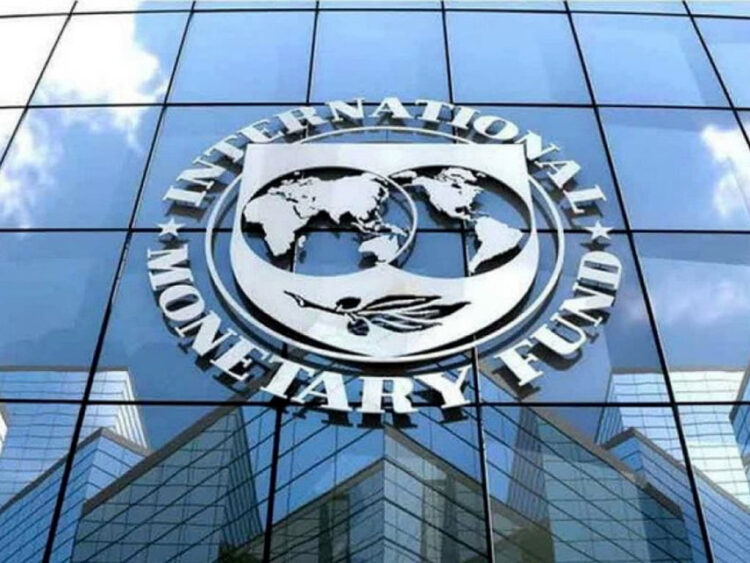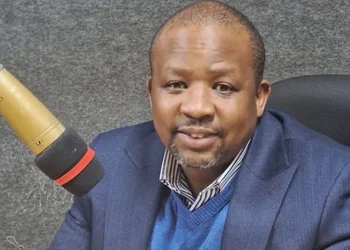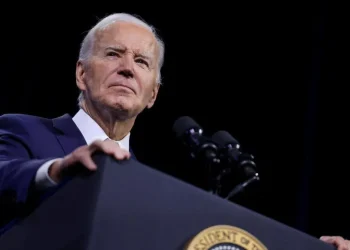New figures released by the International Monetary Fund (IMF) today, during the IMF/World Bank meetings in Morocco, indicates a more positive outlook for Ghana’s economic growth in 2024, in contrast to the projected decline for 2023.
The IMF is forecasting a growth rate of 2.7 percent for the year 2024, marking a substantial improvement compared to the previously estimated growth rate of 1.2 percent for 2023.
On the other hand, the IMF had initially anticipated a higher growth rate of 3.1 percent for the year 2022.
The IMF has projected a growth rate of 3.2 percent for Nigeria, an oil-exporting country, in 2024. In contrast, the Ivory Coast has a considerably higher growth projection of 6.6 percent for the same period.
Ghana, similar to many other Sub-Saharan countries, has encountered a range of economic challenges, such as elevated debt levels, double-digit inflation rates, and a currency that has faced difficulties in maintaining stability for a significant part of the year.
These challenges have exerted significant pressure on Ghana’s financial and economic environment.
The ongoing IMF program with Ghana aims to tackle several urgent issues, including the increase in debt levels, inflationary pressures, and currency volatility, among other economic concerns.
The government has been collaborating closely with the IMF to implement a series of reforms aimed at stabilizing the economy and reinstating investor confidence.
In early October 2023, both the Governor of the Bank of Ghana, Dr. Ernest Addison, and the Finance Minister, Ken Ofori-Atta, expressed optimism that the Ghanaian economy was moving toward a period of recovery.
Nonetheless, their statements have encountered criticism from various stakeholders within the financial, political, and business sectors.
One of the major points of disagreement has centered around the domestic debt exchange program introduced earlier this year.
This program has had repercussions on various investments and savings, prompting concerns within both the business community and the general public.
As Ghana confronts these economic challenges and collaborates with international partners like the IMF, the aspiration is that the country can surmount its present downturn and attain sustainable growth in the foreseeable future.
The government’s reform initiatives and fiscal policies will play a pivotal role in shaping Ghana’s economic path in the years to come.
















